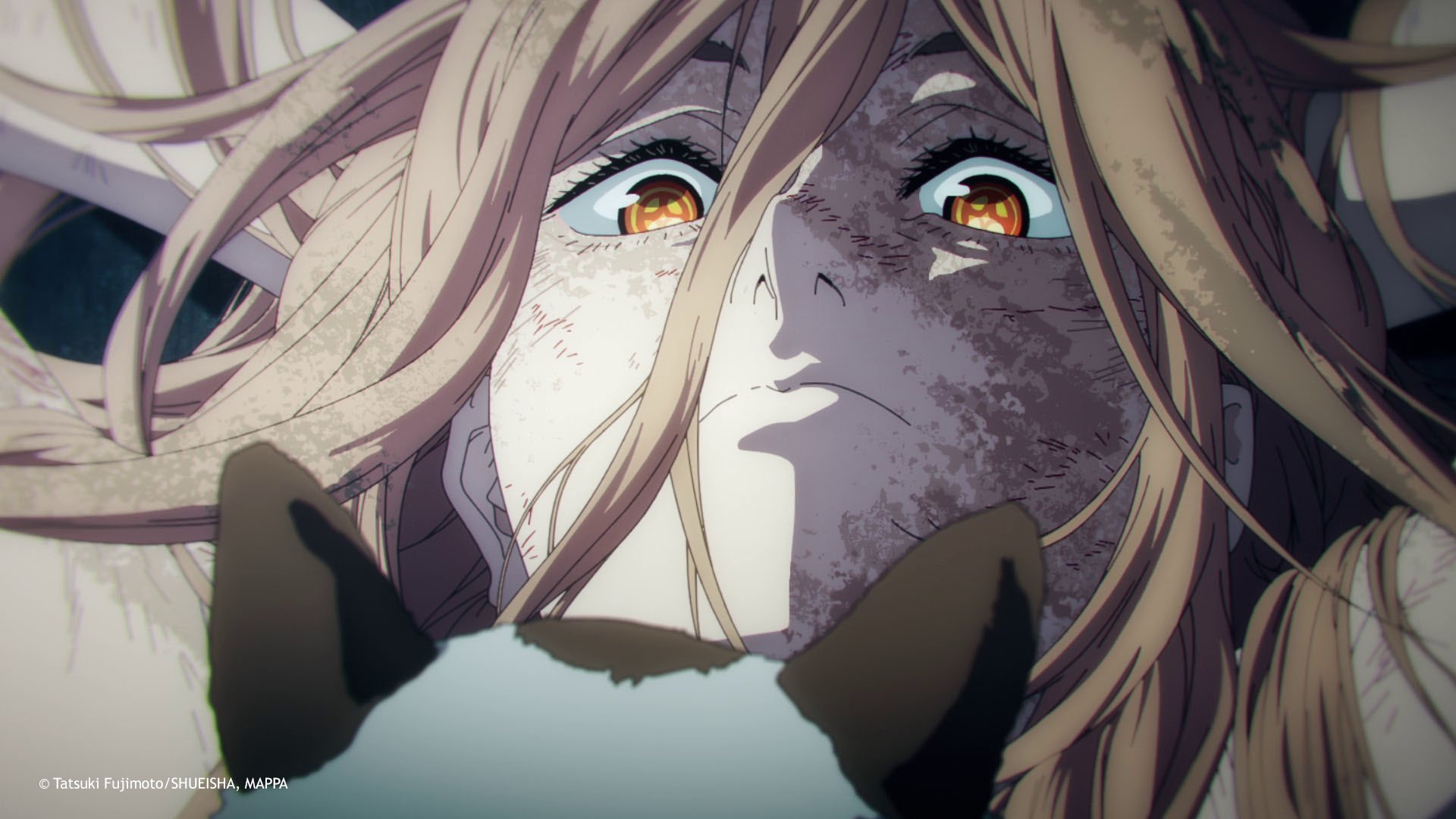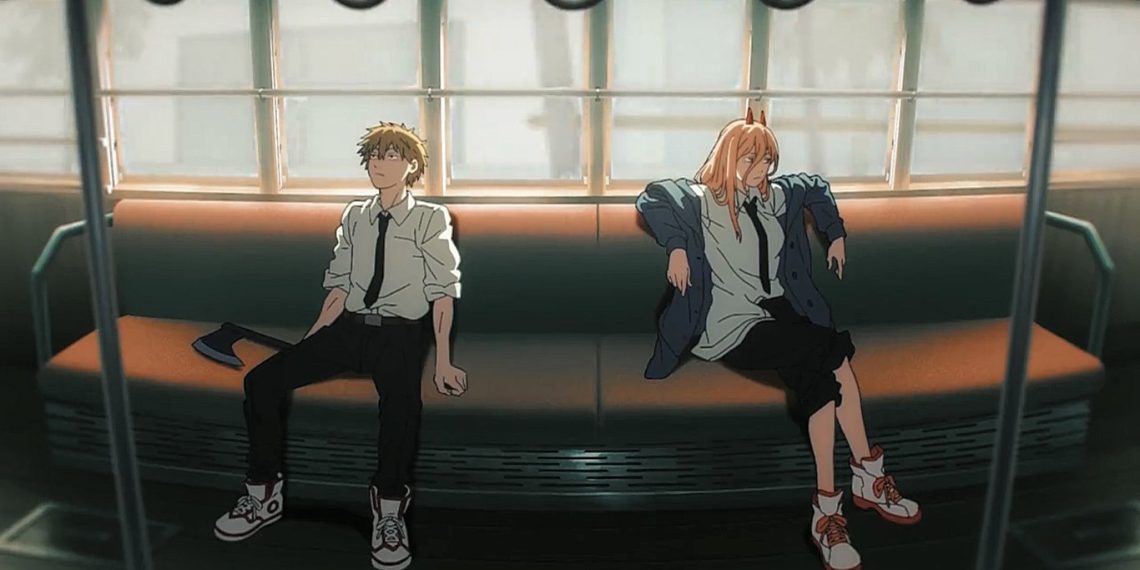An elementary school in Illinois is facing a lawsuit after a student reportedly watched several minutes of Chainsaw Man during class. The parents claim the content caused the child psychological harm, citing recurring nightmares, fear responses, and a drop in academic performance. The teacher allegedly left the class unsupervised while the student accessed the anime on a school-issued tablet.
Chainsaw Man is known for intense violence, mature themes, and graphic visuals. Though highly popular among older teens and adults, the anime is widely considered unsuitable for children. The parents argue that the school failed in its duty of care by not restricting access to explicit content, especially on devices meant for learning.
The Legal Case and Public Response

According to ABC7 Chicago, the lawsuit claims the school violated child protection standards. The legal filing demands compensation for emotional trauma and seeks a mandate to block streaming platforms on school networks. The case has sparked debate over whether educators should be responsible for pre-filtering digital content.
Many parents online have echoed similar concerns, stating that while Chainsaw Man has artistic value, its explicit nature makes it highly inappropriate for young viewers. Education experts warn that schools must set stronger boundaries as technology use expands in classrooms. The story also went viral on Reddit and X, where users debated whether anime censorship in schools should be normalized.
Oversight in Digital Learning Environments

The incident highlights the growing need for better content filters in schools using 1:1 tablet programs. Teachers often rely on district-level firewalls, but those tools are not foolproof. Critics argue that anime, in particular, sits in a grey area: visually appealing to children yet often thematically mature. The result can be unintended exposure to violence or explicit content.
Advocates for anime argue that responsibility also lies with parents to educate their children about what is suitable. However, this case could push districts to adopt stricter policies. Whether the lawsuit succeeds or not, it has already reignited the conversation on digital media safety, student well-being, and the boundaries of art in educational settings.
Also Read: 14 Most Controversial Anime That Stirred Public Outrage




